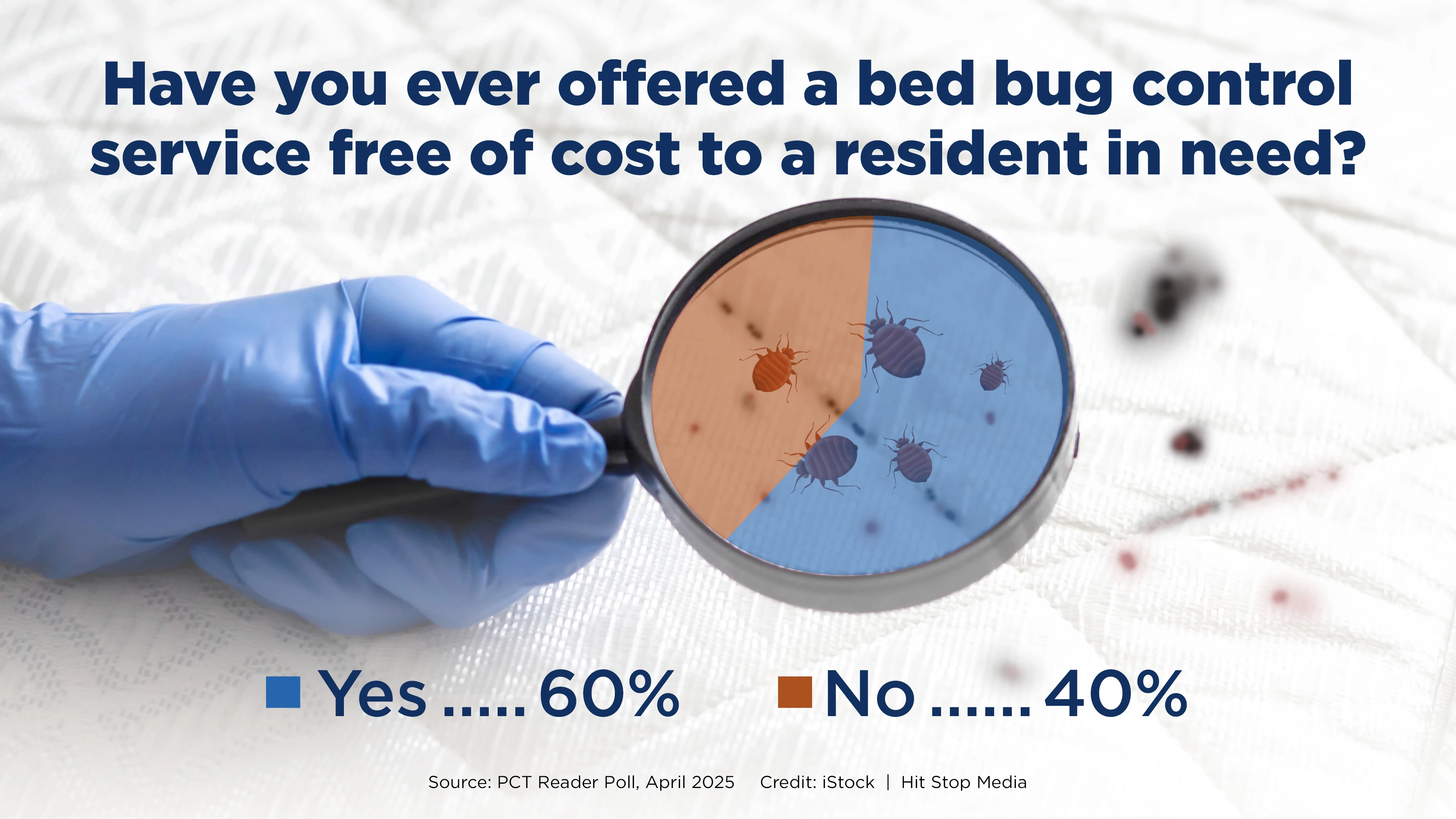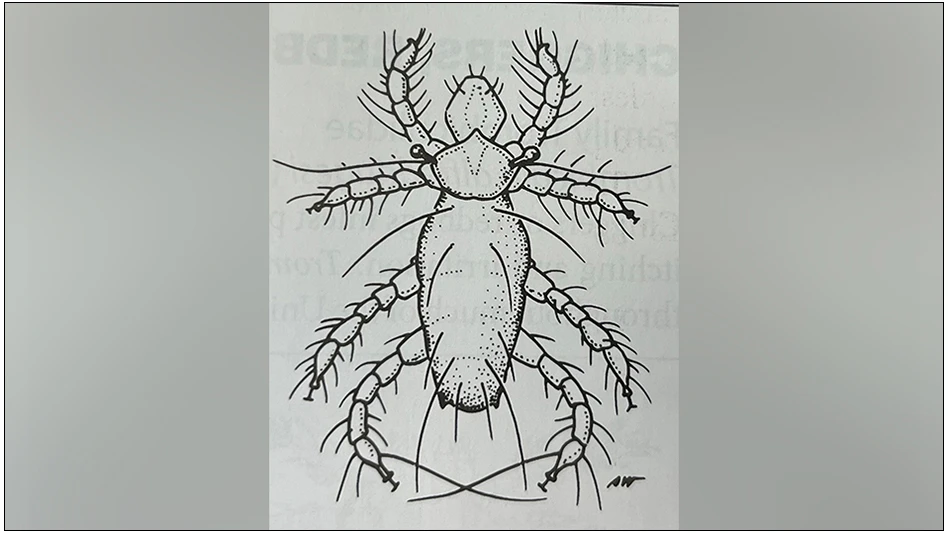In late April, the pest control industry lost one of its foremost educators when Dr. Mark Lacey passed away at age 58. At the time, Lacey worked for Liphatech, but he is perhaps best remembered as a frequent speaker at industry events and as an author of reference books such as The Urban IPM Handbook, the PCT Field Guide for the Management of Urban Spiders and the PCT Field Guide for the Management of Structure-Infesting Beetles.
Residex President Chris Donaghy paid tribute to Lacey in a wonderfully written memorial that appeared on PCT’s Web site, www.pctonline.com. Donaghy recalled how Lacey was instrumental in helping him get “caught up to speed” with pest control when he entered the industry. Donaghy wrote that, “Mark was a legendary speaker in the early years of my career and he really could have dismissed me as just another rookie entering the distribution business, but he did the opposite — he reached out and provided valuable advice, and I am grateful to him forever.”
As a young editor of PCT/Service Technician magazine in 1999 my experiences with Lacey were quite similar. Lacey was an invaluable resource who contributed articles, was always available for interviews and took the time to review the magazine and suggest topics that he thought would be of interest to our readers. As many in the industry know, one of Lacey’s passions was photography, so when PCT started to get involved in digital photography, we once again called on Lacey for his expertise.
I’m sure others have similar stories about how they were impacted by Lacey. I think the reason why Lacey was such a great educator is because he wanted to see people succeed and he truly enjoyed sharing his passion for entomology — a field of study that forever changed his life. In the “About the Authors” chapter in the PCT Field Guide for the Management of Structure-Infesting Beetles that Lacey co-authored with Stoy Hedges, it was noted that Lacey actually struggled academically in high school and in college prior to enrolling in an introductory entomology class at the University of Delaware. According to the book, “Like a light being turned on, the world of insects was opened up and fascinated him as nothing ever had — a fascination that continues to this day.” With this new-found interest, Lacey went on to become an honors student his first two semesters and then transferred into a baccalaureate program where he took every undergraduate and graduate entomology course offered. To finance his studies, Lacey worked in the university’s Entomology Department each summer, studying the effects of pesticides on pest populations and as a work-study student during his junior and senior years. It was here that he gained experience teaching several laboratory courses, which was very unusual for an undergraduate. These experiences started Lacey down a storied career path that included stints as a service technician, researcher, consultant, and manufacturer representative.
I think Lacey was like many of the other outstanding educators in our industry, which includes university professors, technical/training directors and others. At conferences I’ve attended and through phone interviews, my experience has been that these educators enjoy sharing their knowledge and experiences not because it is their job, but because it is their passion.

Explore the June 2007 Issue
Check out more from this issue and find your next story to read.
Latest from Pest Control Technology
- Target Specialty Products, MGK Partner for Mosquito Webinar
- Cockroach Control and Asthma
- FORSHAW Announces Julie Fogg as Core Account Manager in Georgia, Tennessee
- Envu Introduces Two New Innovations to its Pest Management Portfolio
- Gov. Brian Kemp Proclaimed April as Pest Control Month
- Los Angeles Ranks No. 1 on Terminix's Annual List of Top Mosquito Cities
- Kwik Kill Pest Control's Neerland on PWIPM Involvement, Second-Generation PCO
- NPMA Announces Unlimited Job Postings for Members





